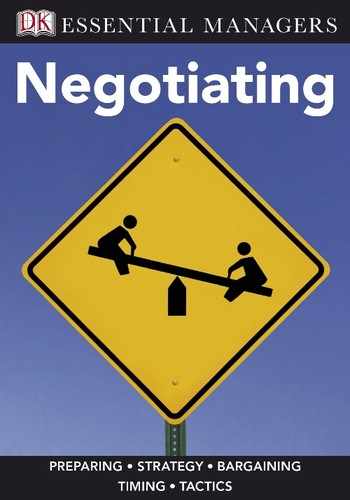Understanding Negotiation Dilemmas
The negotiating task is very complex because it embodies a number of fundamental dilemmas. To be successful in your negotiations, you need to understand the difference between the true dilemmas that you need to address, and the many myths that surround negotiating.
Identifying true dilemmas
Over time, a number of myths have evolved about the nature of negotiations. Many negotiators continue to hold to them, failing to recognize the difference between these myths and the real dilemmas they face. For example, it is a popular misconception that a negotiator must either be consistently “tough” or consistently “soft” if they are to be successful. In reality, effective negotiators do not need to choose between these approaches, but are flexible and use a repertoire of styles.
Many also believe that negotiation is largely an intuitive act, rather than a rational process. It is true that an effective negotiator will use their intuition to a certain extent (to know the right moment to make a concession or present an offer, for example). However, most of the negotiating task requires systematic processes such as masterful due diligence, identifying interests, and setting clear objectives.
Skilled negotiators are able to recognize the myths and focus their energy on the true negotiation dilemmas, balancing their approach and making the difficult decisions needed to achieve the most successful outcomes in their negotiations.
The five negotiation dilemmas
The honesty dilemma
How much should you tell the other party? If you tell them everything, they may exploit the information and take advantage of you, so you need to strike a balance between honesty and transparency.
The trust dilemma
Trust is needed for a negotiation to move forward, but if you trust the other party completely, you put yourself at risk of being taken advantage of. Invest in building trust, albeit with measured caution.
The empathy dilemma
If you develop empathy with the other party, it may stop you from acting assertively and negotiating for your interests. Try to do both well—maintain good relationships, but protect your interests too.
The compete or cooperate dilemma
You must compete for the benefits on the table, but also cooperate to create them with the other party. You therefore need to be skilled at both, to be able to create and then claim value.
The strategy or opportunity dilemma
Unexpected opportunities sometimes arise in negotiation. It can be tempting to divert from your well-planned strategy, but be aware that this may distract you from achieving your objectives.

